
Day farmers outside Trichy, Photo: Klara Bengtsson.
Of: Clara Bengtsson
FUF Lund Magazine has interviewed Birgitta Göransson Liste, the chairperson of the Swallows India Bangladesh to hear about work, civil society and the role of rural- and community development. The organization has been working with rural development in India and Bangladesh for the last 60 years. One area of focus has been small-scale organic agriculture.
April 29, 2021, English, Interview, Magazine
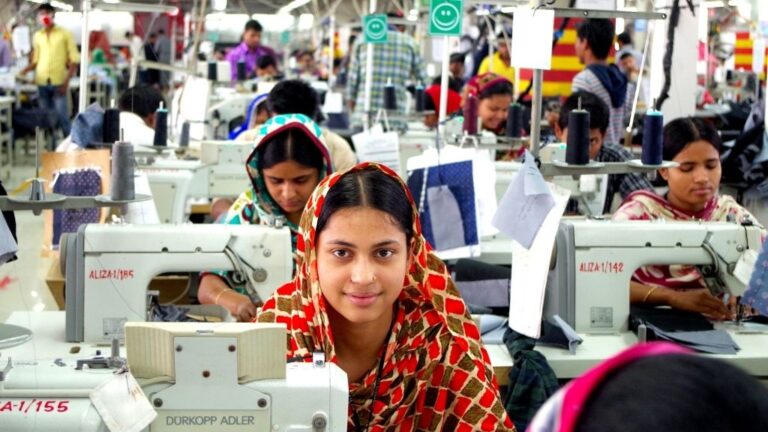
Bangladesh does not allow its EPZ workers to exercise their trade union rights. Photo: Solidarity Center (2015), Flickr
Of: Nagaad Kadir Abdimaxmud
Bangladesh is the most dangerous country to be employed in, according to a report by the International Trade Union Confederation (ITUC). In the report, Bangladesh is the country that most restricts trade union rights. The strikes at the end of 2018 and the beginning of 2019 resulted in 12 people being fired, 350 prosecuted and 522 unidentified workers reported.
April 16, 2021, News
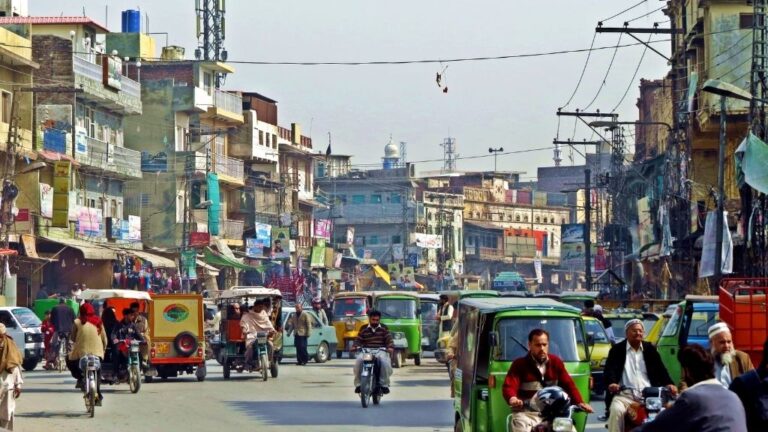
The textile industry is particularly vulnerable during the corona pandemic. Photo: Canva.com.
Of: Johanna Lagerlöf
In the wake of the Covid-19 pandemic, global fashion companies canceled orders worth billions of US dollars from Bangladeshi producers. Along with global lockdowns, many factory workers have lost their jobs and have difficulty coping with everyday life. "Our factory is struggling to survive," said Gabriel Adhikary, managing director of a small textile factory in Dhaka.
November 26, 2020, Report
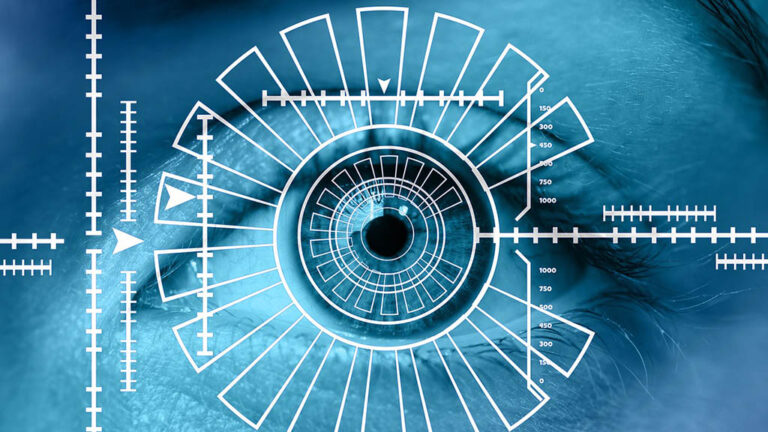
The use of iris scans is now becoming a regular practice in UNHCR's registration activities. Photo: Gerd Altmann / Pixabay
Of: Donya Zikry
In 2015, UNHCR began rolling out the Biometric Identity Management System (BIMS), which collects photos, iris scans and fingerprints of refugees. They are stored in the organization's digital Population Registration and Identity Management Ecosystem (PRIMES), which not only includes BIMS, but also comprises all of UNHCR's digital registration, identity management and case management tools. The […]
Read more »
June 1, 2020, Chronicle, English, Magazine
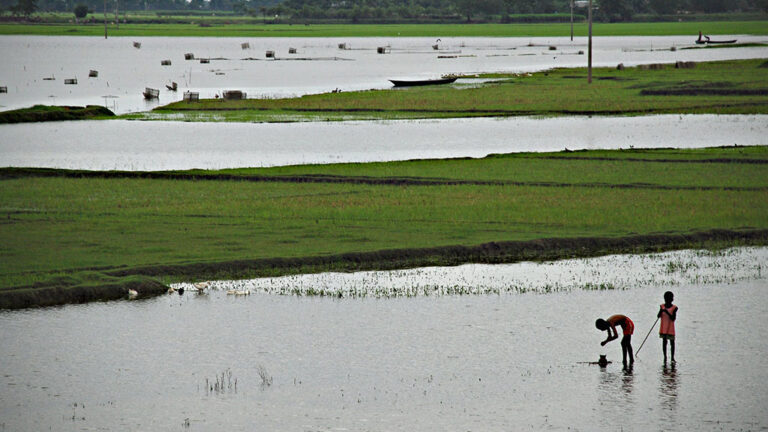
Climate change has caused many floods in Bangladesh. Researchers in Bangladesh and the Netherlands are now collaborating to find ways to deal with rising water levels. Photo: Amir Jinaj, Flickr
Of: Robert Gladh
The Netherlands has long worked to build dikes and ditches as protection against water. Knowledge exchange between the Netherlands and Bangladesh means that similar challenges can be tackled in a sustainable way, both now and in the future. Utvecklingsmagasinet met two researchers at Utrecht University.
December 13, 2019, FUF-correspondents
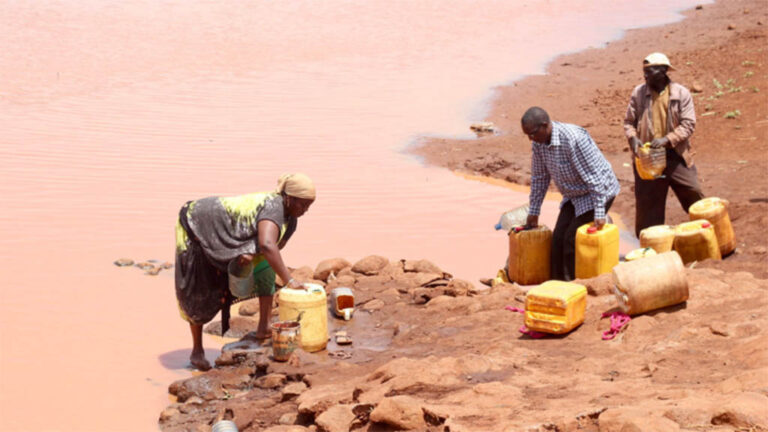
Does it matter what you call people fleeing their homes due to climate change?
Of: Jennifer Augustsson and Johanna Sundbeck
By 2050, an estimated 143 million people will be forced to flee their homes due to climate change. Whether they should be called climate refugees or environmental migrants is widely discussed, which means that many people on the run fall between the cracks with life-changing consequences.
June 28, 2019, Report






